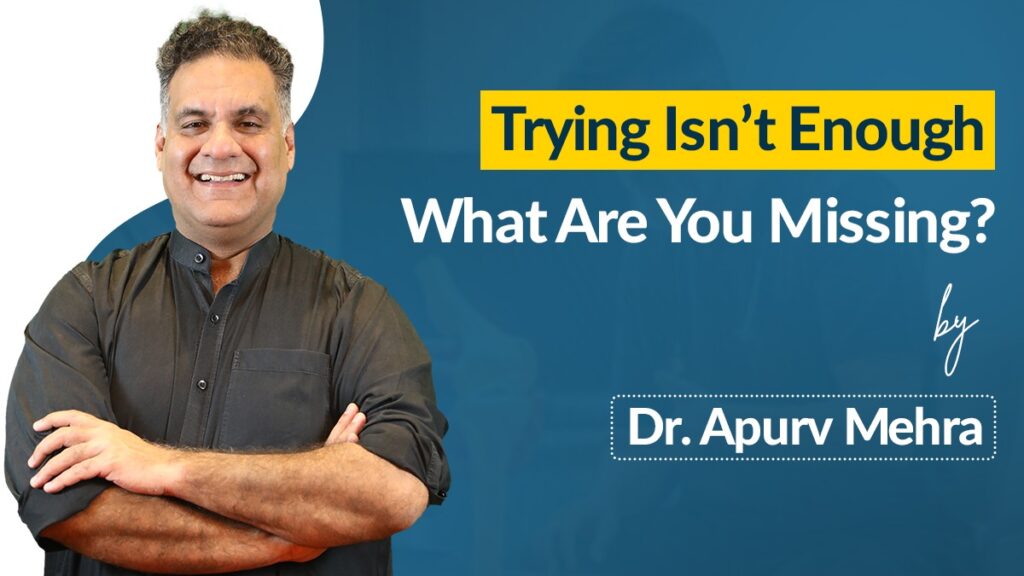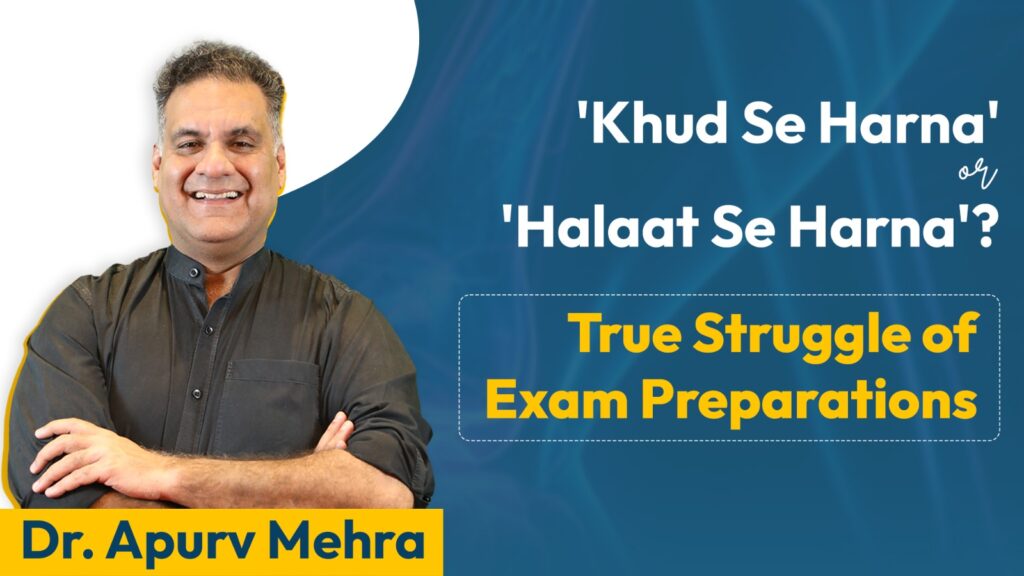Estimated reading time: 4 minutes
Starting a pediatrics residency is both exciting and overwhelming. From cracking one of the toughest entrance exams to finally stepping into your dream speciality, the journey ahead is packed with learning, challenges, and opportunities to grow — not just as a doctor but as a human being.
In the seventh episode of Wisdom Meets Legacy, Dr. Apurv Mehra sits down with the highly respected Prof. Dr. Vinay Agarwal to discuss a year-by-year guide for pediatric residents.
This insightful conversation offers timeless advice to help you evolve into a better clinician, researcher, and human being.
- Year One: Build Your Foundation
The first year of residency is full of enthusiasm and dreams. But it’s also the year when many residents make the mistake of rushing towards super-specialisation without first mastering the basics.
“Before becoming a good super-specialist, you need to become a good human being and a good doctor.” – Prof. Vinay Agarwal
Key takeaways for first-year residents:
- Empathise with your patients – Listen to them carefully; often, diagnosis begins with what the parent or grandparent tells you.
- Observe more, rush less – Watch the child walk, play, and interact before beginning your examination.
- Minimise distractions – Keep your phone aside. Patients deserve your complete focus.
- Be humble and approachable – Speak the patient’s language. If a family comes from Punjab, try Punjabi; if from Bihar, try Hindi.
The first year is about listening, learning, and laying a strong clinical foundation.
- Year Two: Embrace Research & Choose Your Passion
The second year introduces you to research. This is when you choose your thesis and begin working on protocols.
Dr. Vinay Agarwal emphasizes selecting a topic you’re passionate about:
“If you love neurology, psychiatry, nephrology — follow that passion. Unless you care about the subject deeply, your best work won’t come out.”
At the same time, balance your research with clinical learning:
- Keep strengthening your basic examination skills.
- Discuss your thesis openly with your guide — honesty and curiosity are key.
- Read every day about the cases you encounter.
- Third Year: Prepare for Exams & Beyond
By the third year, focus shifts to exam preparation and consolidating knowledge. But this is also the time to think ahead. Should you pursue a fellowship or take up senior residency?
Prof. Vinay Agarwal’s advice is clear:
“Senior residency is a must. You learn the maximum when you take full responsibility for your patients. You are the boss at night in the hospital — that experience is irreplaceable.”
Senior residency makes you a better clinician before stepping into super-specialisation. It’s during this phase that your picture of pediatrics becomes clearer and your confidence soars.
Click Here to Watch: Wisdom Meets Legacy EP – 7 Pediatrics Residency Year-by-Year Guide | Timeless Advice for your Career
The Lifelong Habit of Learning
One recurring theme throughout the discussion is the importance of continuous learning.
- Read about every patient you see — the same day.
- Stay updated with new research and evolving practices.
- Understand that medical knowledge doubles rapidly — today, literature evolves every nine days.
“If you don’t study for nine days, you’re already falling behind.” – Prof. Vinay Agarwal
Dr. Apurv Mehra recalls visiting his 93-year-old mentor, Prof. Dr. S. M. Tully, who still studies every day:
“At 93, he says, ‘Patients are more aware now; I must stay ahead so I can answer their questions.’ That is the spirit of medicine.”
The Art of Patient Examination
No online lecture, book, or case discussion can replace clinical experience.
- Watch how the child enters the room — their walk, expressions, and energy can reveal a lot.
- Listen carefully to parents, as they are the primary historians.
- Be honest and clear when explaining your diagnosis and treatment plan.
Prof. Vinay Agewal stresses that patient care is your best marketing:
“Treat a driver like a minister and a minister like a driver — with equal respect. Patients bring patients. Word of mouth is stronger than any advertisement.”
Golden Principles to Carry Forward
Here are the timeless lessons from this conversation:
- Be a good human first, then a good doctor.
- Listen more than you speak. Patients often tell you the diagnosis if you let them.
- Read, learn, and evolve every day.
- Choose your thesis wisely — passion drives excellence.
- Do your senior residency. Nothing replaces hands-on responsibility.
- Master clinical examination — there are no shortcuts.
- Communicate effectively and honestly. Trust builds long-term relationships.
- Let your work speak for itself. Word-of-mouth is the strongest referral system.
Final Thought
Dr. Apurv Mehra beautifully concludes the session by quoting Abraham Lincoln, whose father was a cobbler:
“Whatever you are doing, wherever you are — do it so well that your work will make your name known.”
For every pediatric resident, this episode is a reminder that excellence in medicine comes from humility, empathy, continuous learning, and relentless focus on patient care.


